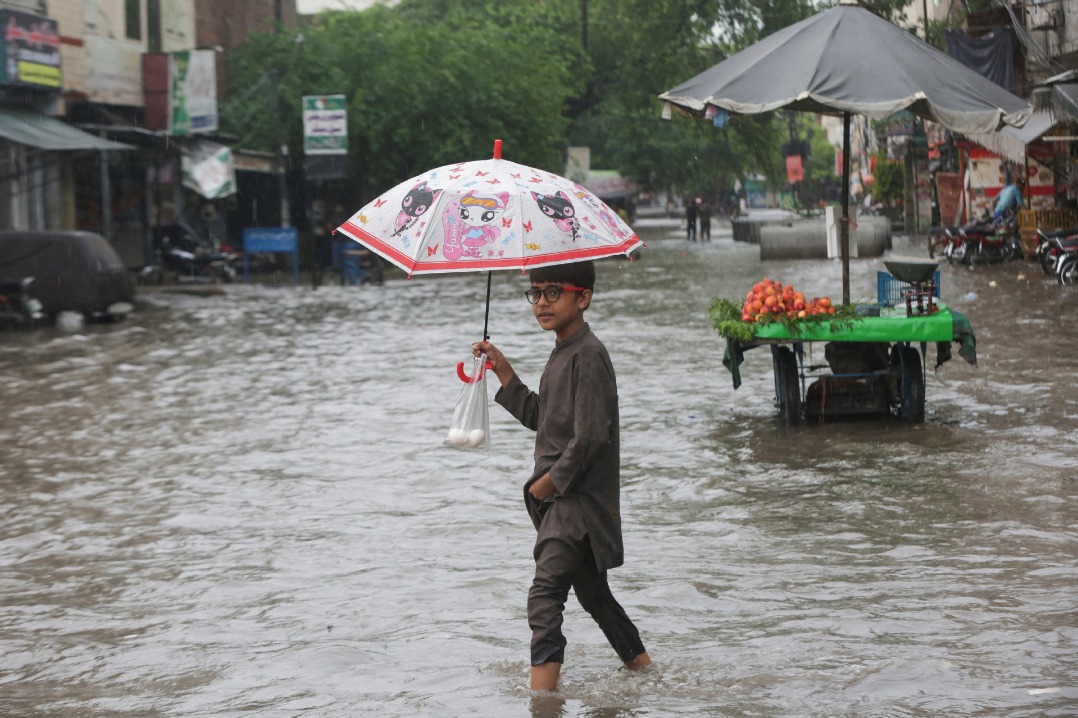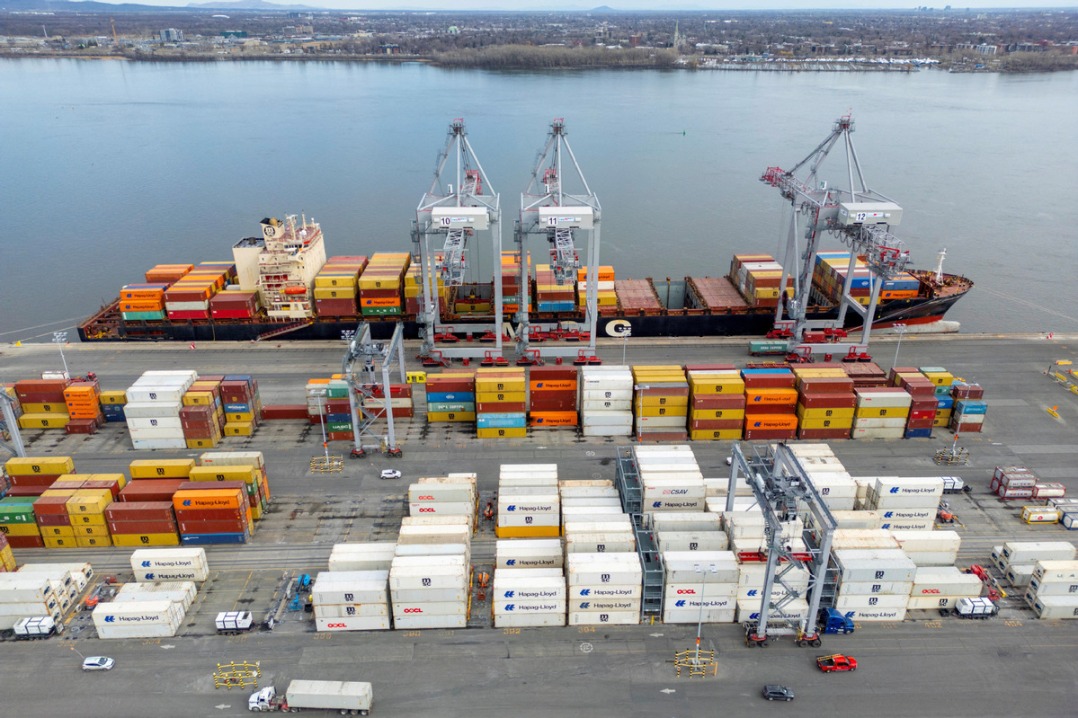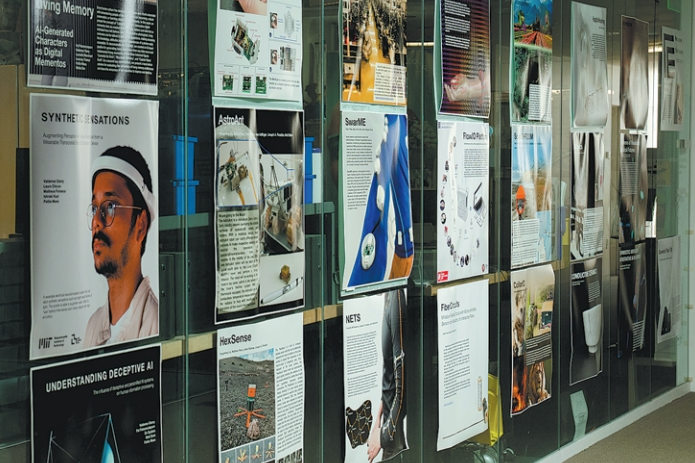Changing African climate pushed first humans to move

The findings of a new study released on Tuesday will reignite the long-running debate on the origins of modern humans.
Despite anthropological claims mankind's origins can be traced to East Africa, the conclusions of a 10-year research project say our birthplace was in southern Africa in what was once a vast wetland area encompassing what is today Botswana, Namibia and Zimbabwe.
The breakthrough research will be published in the scientific journal Nature this week.
The authors say changes in Africa's climate triggered the first human explorations, which initiated the development of humans' genetic, ethnic and cultural diversity.
The lead authors of the study, Vanessa Hayes and Eva Chan of the Garvan Institute of Medical Research at the University of Sydney, told a news conference in Sydney on Monday that the findings "provide a window" into the first 100,000 years of modern human history.
"It has been clear for some time that anatomically modern humans appeared in Africa roughly 200,000 years ago. What has been long debated, however, is the exact location of this emergence and subsequent dispersal of our earliest ancestors," said Hayes, also a prostate cancer researcher.
The study examined mitochondrial DNA, which can be inherited only from mothers and stays the same generation after generation. It is different from our genomic DNA, which is passed down from both parents and codes just about everything in our makeup as a human being.
"Mitochondrial DNA acts like a time capsule of our ancestral mothers, accumulating changes slowly over generations," Hayes said. "Comparing the complete DNA code, or mitogenome, from different individuals provides information on how closely they are related," she said.
In the study, scientists collected blood samples to establish a comprehensive catalog of modern humans' earliest mitogenomes from the so-called "L0" lineage. L0 is one of two branches from the most recent common ancestor for the shared human maternal lineage.
Chan said the research "allowed us to refine the evolutionary tree of our earliest ancestral branches better than ever before." She is also a prostate cancer researcher
By combining the L0 lineage timeline with the linguistic, cultural and geographic distributions of different sub-lineages, the study authors revealed that 200,000 years ago, the first Homo sapiens' maternal lineage emerged in a "homeland" south of the Greater Zambezi River Basin region, which includes the entire expanse of northern Botswana into Namibia to the west and Zimbabwe to the east.
Largest lake system
Investigating existing geological, archaeological and fossil evidence for the study, geologist Andy Moore, of Rhodes University in South Africa, said the homeland region once held Africa's largest lake system, Lake Makgadikgadi.
"Prior to modern human emergence, the lake had begun to drain due to shifts in underlying tectonic plates. This would have created, a vast wetland, which is known to be one of the most productive ecosystems for sustaining life," he said.
Hayes said: "We observed significant genetic divergence in the modern humans' earliest maternal sub-lineages that indicates our ancestors migrated out of the homeland between 130,000 and 110,000 years ago."
Also working on the study was Axel Timmermann, director of the IBS Center for Climate Physics at Pusan National University in South Korea. He analyzed climate computer model simulations and geological data, which captured southern Africa's climate history of the past 250,000 years.
Addressing the changes in rainfall detected, Timmermann said: "These shifts in climate would have opened green, vegetated corridors, first 130,000 years ago to the northeast, and then around 110,000 years ago to the southwest, allowing our earliest ancestors to migrate away from the homeland for the first time."

































